Weight loss and fat loss are terms that we all recognise but cause a lot of confusion. There is so much information out there on social media, so it is easy to get lost and hyper focus on the wrong components.
When something is called a diet, it is unsustainable. It usually creates an unnecessarily strict and over complicated environment that, yes, causes weight loss. But as soon as you stop the diet, you are right back to where you started, with the weight piling back on. We call this yo-yo dieting in nutrition terms.
But don’t worry, there is a way to sustainably lose weight and manage your weight. Here I will explain the factors involved in weight loss and how to implement them into your life. Managing your weight and a healthy lifestyle does not need to be overcomplicated, strict or boring!
Factors supporting weight loss
There are a variety of factors that affect and support weight loss. However, as with most things in life, there is a hierarchy, it is important to prioritise certain factors over others for weight loss.
Here are the 7 factors that support weight loss in the order of importance.
- Sustainability
- A Calorie Deficit
- Exercise and Activity Level
- Sleep and Hydration
- Self-monitoring
- Macronutrients
- Supplements
Sustainable weight loss
As you can see, sustainability is the most important factor for weight loss, but what does that mean?
Sustainable weight loss will benefit you the most in the long run. It is where you develop an eating pattern and eating habits that suit you and your lifestyle so that you can continue them throughout your life. This means, that even when your goal weight has been achieved, you keep those eating habits in place, not revert to the old, unhealthier ways. Therefore, weight loss is steady, consistent, and irreversible.
Following a sustainable weight loss plan means that food is not the enemy. You do not need to cut out your favourite meals or snacks. Rather you develop a more mindful way of consuming food and drink. This can be achieved by following portion control, eating a variety of foods, and consuming a well-rounded, balanced diet.
Calorie Deficit
We have all heard of the term ‘calorie deficit’ and that it is an important factor in sustainable weight loss.
Calories are the unit of energy that you get from food and drinks. To be in a calorie deficit you must consume fewer calories than what your body expends. If you provide your body with fewer calories than you need for a consistent period, then you will achieve weight loss.
A calorie deficit of up to 500 calories per day will provide sufficient weight loss without having too much of an impact on energy levels and hunger. To calculate this calorie deficit, you will need to know what your maintenance calories are, which is the number of calories your body needs to support energy expenditure. It is important to be aware, that as you lose weight, your maintenance calories will decrease, so you will need to adjust calorie intake based on your weight loss goals.
But remember, if done incorrectly, a calorie deficit can have a negative effect on weight loss and health. Being in a calorie deficit that is too strict or too large will have a negative impact on energy levels, mental health, and physical health. So, it is vital that you monitor your body’s needs. A woman should not consume fewer than 1,200 calories per day and a man, no fewer than 1,500 calories per day.
Consistency
Sometimes a lot of us get hung up on the idea that we need to be perfect and that there is no room for error. However, this pressure and unrealistic expectation of a ‘perfect diet’ can backfire. People often think that once they have a bigger meal, an unhealthier meal, or a couple of drinks that their diet is ruined, and they then give up for the rest of the week or all together.
However, it is important to know that a perfect diet is not attainable and does not exist. It is this all or nothing mindset that is often one of the main reasons people struggle to lose weight.
The truth is, is that you don’t need to eat perfectly every single meal, every single day. A one-off meal won’t ruin all your progress or make you gain weight. It’s the same way that one meal won’t make you super fit!
Every meal, snack and drink you choose and consume is a new opportunity. You can achieve weight loss by making healthier conscious decisions 80-90% of the time. This can mean that every day there is that 10-20% that can be more relaxed! Aiming for this consistency of 80-90% of your day or week being healthy, allows you to have that freedom and still lose weight. Once you realise that one meal or one day will not ruin everything you can enjoy life a little bit more and it makes your eating habits more sustainable and attainable.
Small changes
We also as humans tend to want to try and fix everything at once. But again, this is never sustainable. When you take the time to work consistently to change one habit at a time and then move onto the next once it has become easier, we can reach our weight goal a lot faster and maintain it!
Try not to overwhelm yourself with changes. Any positive change, no matter how small, is a move in the right direction towards your goal weight.
Smart snacking
Snacking is something that most of us do and label as a ‘bad habit’. However, it does not need to be seen this way. Snacking can be great for our weight loss, energy levels and nutrient intake. Sometimes, we just need to be mindful of the snacks we are choosing and whether they are what we want, need and/or fit into our goals.
There loads of lower calorie snacks available in stores now. Opting for a lower calorie snack may help you to reach your goals and remain in a calorie deficit. Here are some great store-bought low-calorie snacks;

Try stock your cupboards with lower calorie snack alternatives to help reduce your calorie intake over the day.
Another key thing when snacking is to look at how substantial the snack is. When a snack and meal contains more than one macronutrient (carbohydrate, protein, and fat), it will be more substantial, fill you up and satisfy you for longer. Sometimes the smallest and lowest calorie snack just isn’t going to fill you up so it can often be better to opt for a more substantial snack. This will completely depend on you and how you are feeling at the time, but if you are super hungry then this option may be better! Some examples include fruit & nuts, yogurt & berries, cottage cheese and crackers, and turkey slices and cheese. Even if you are having a slice of cake, try choosing a smaller slice and pair with a piece of fruit to increase your fibre intake and make it more substantial!
It is important to not see snacking as a negative behaviour, it is simply consuming food outside of your meals. However, sometimes we can get stuck in bad habits. Have you ever found yourself mindlessly grazing at foods when you’re bored? Or getting some snacks just because you are watching TV? These behaviours and habits can affect weight loss. Many of us reach for snacks because we are bored, emotional, stressed or simply just because! Try and be mindful when you are snacking. If you find that you are eating for the sake of it and are not actually hungry, see if you can put the snack down to save yourself a few calories.
Summary
As you can see, weight loss does not have to be very strict. Sustainable weight loss allows you to lose fat and weight whilst still enjoying all foods. Using this approach will reduce the chances of yo-yo dieting and constantly putting weight back on. Making healthier habits a part of your everyday routine will increase your energy levels, self-confidence, health status and mood! Take the pressure away from weight loss and give this a go!


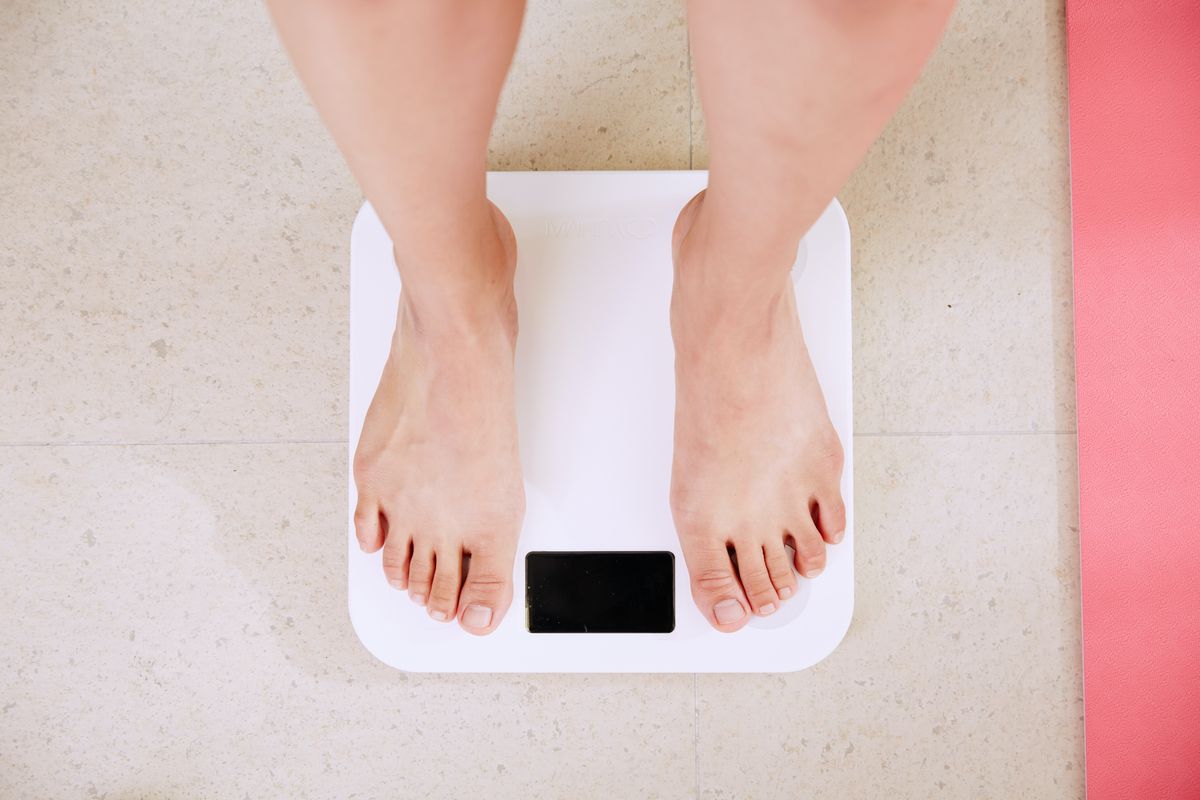



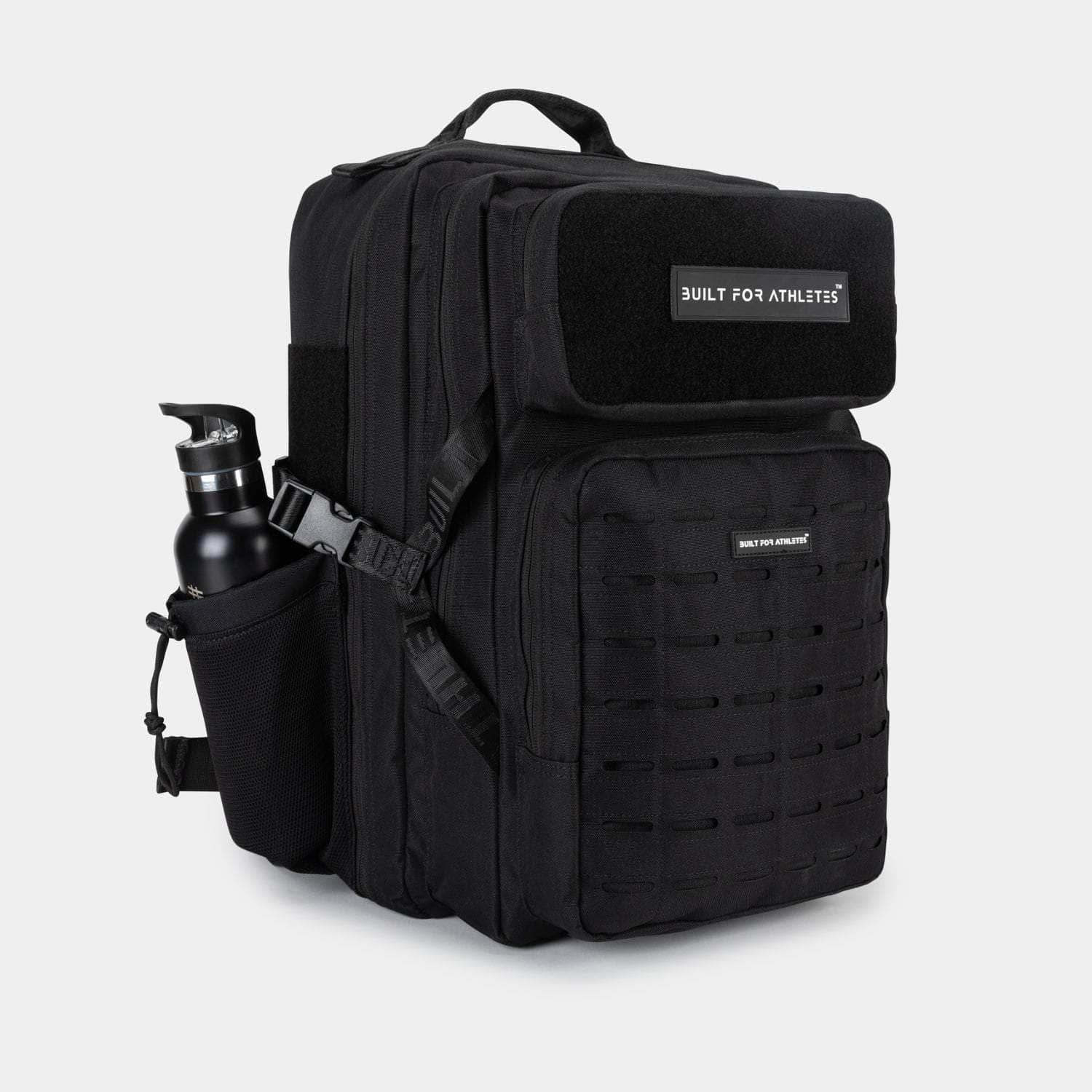








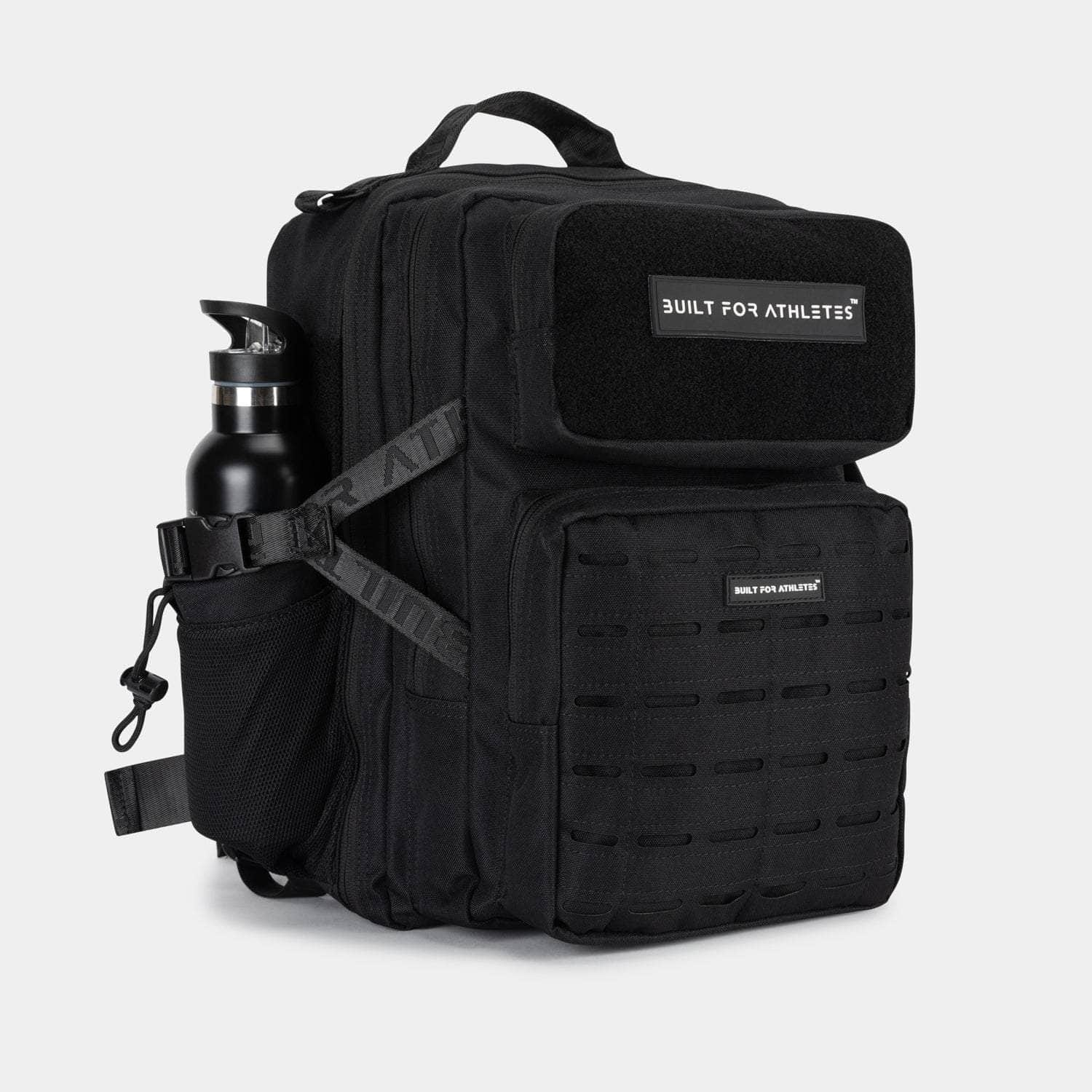




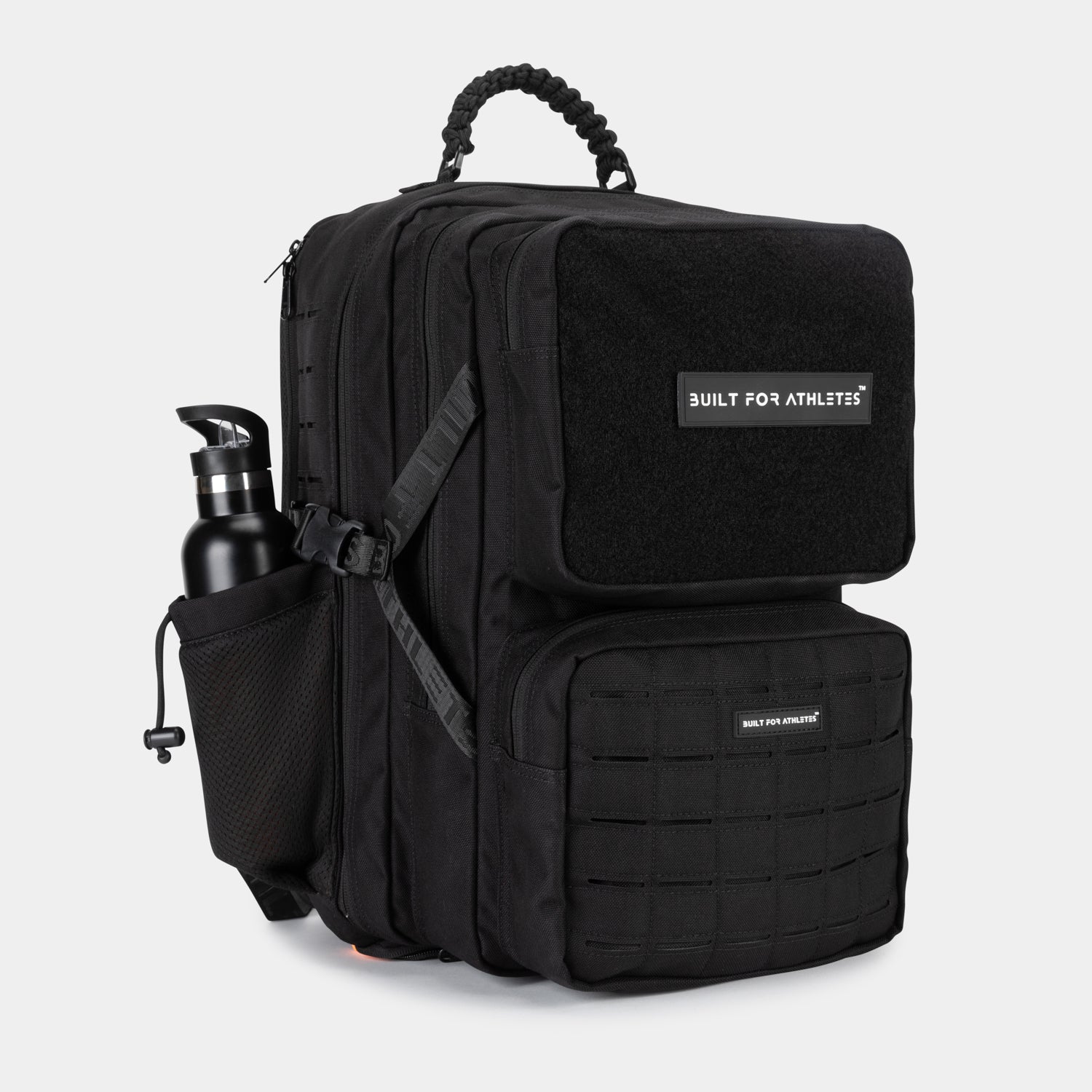

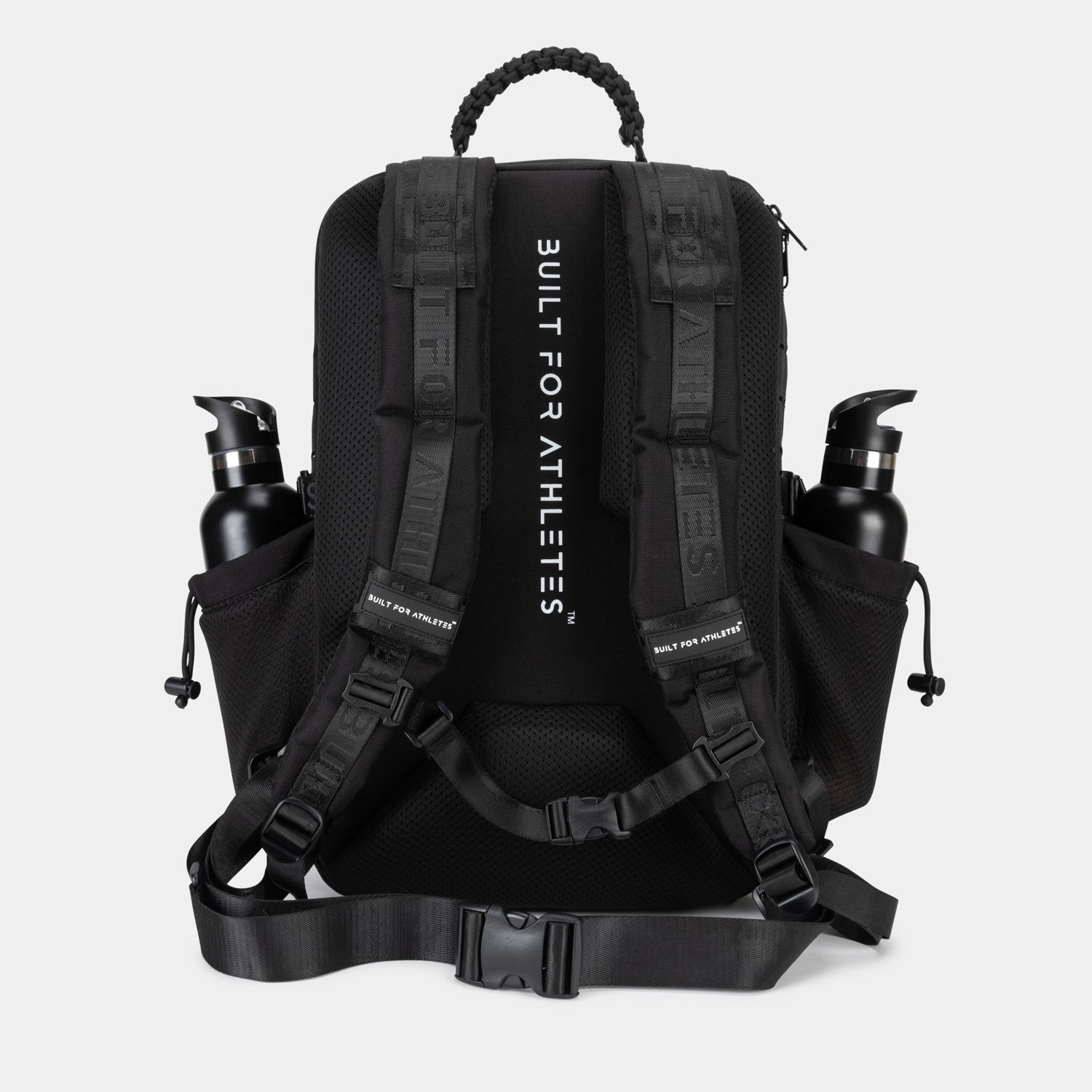








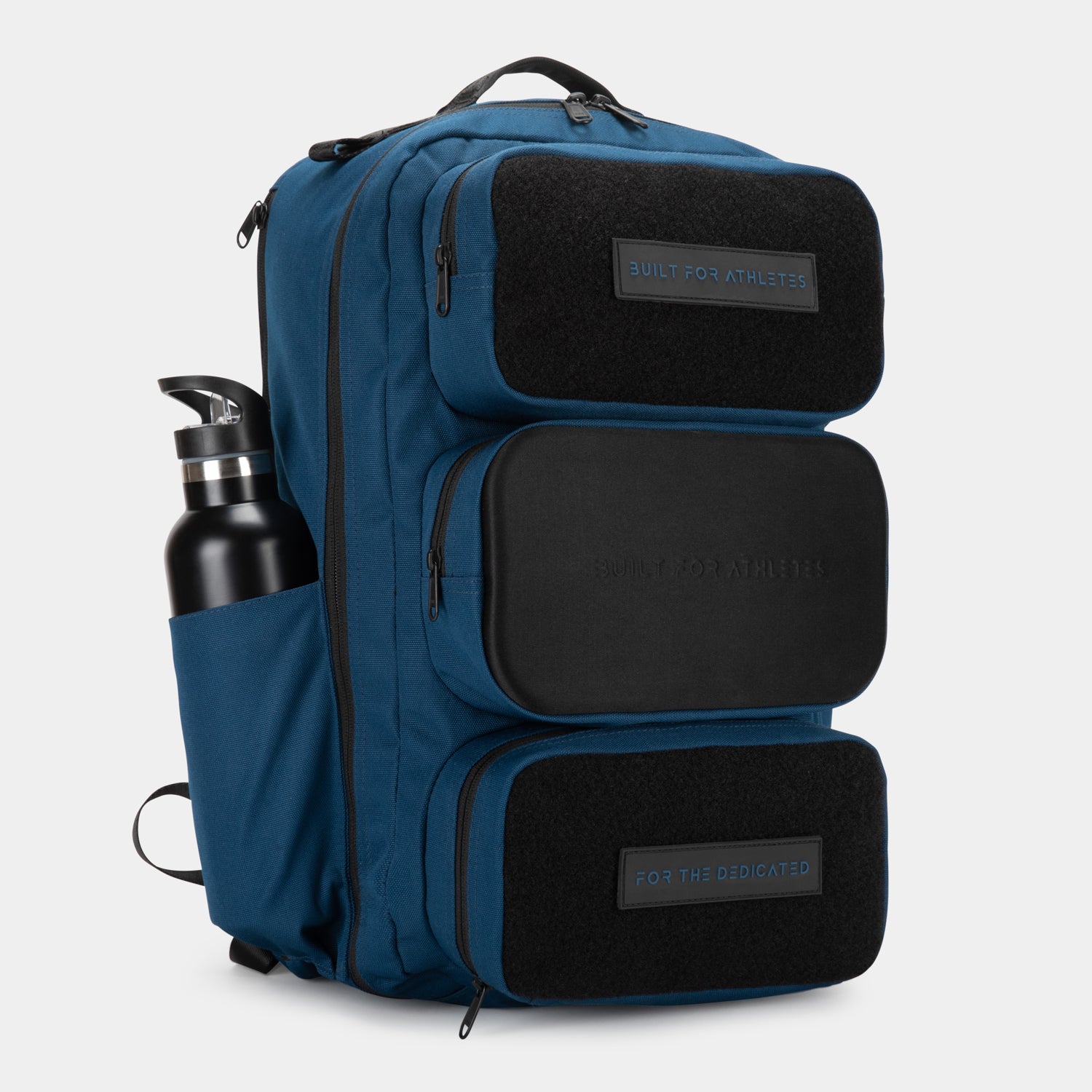

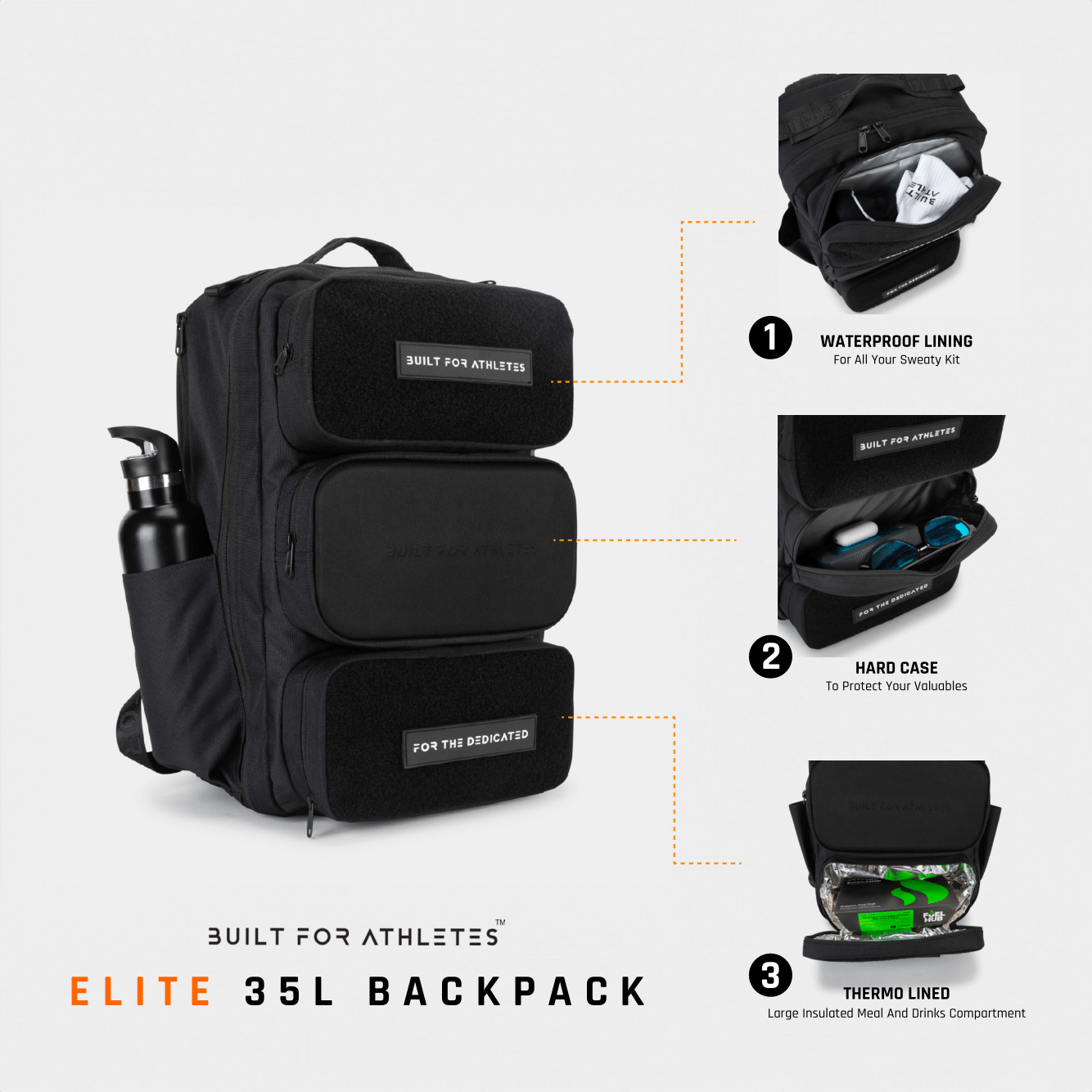




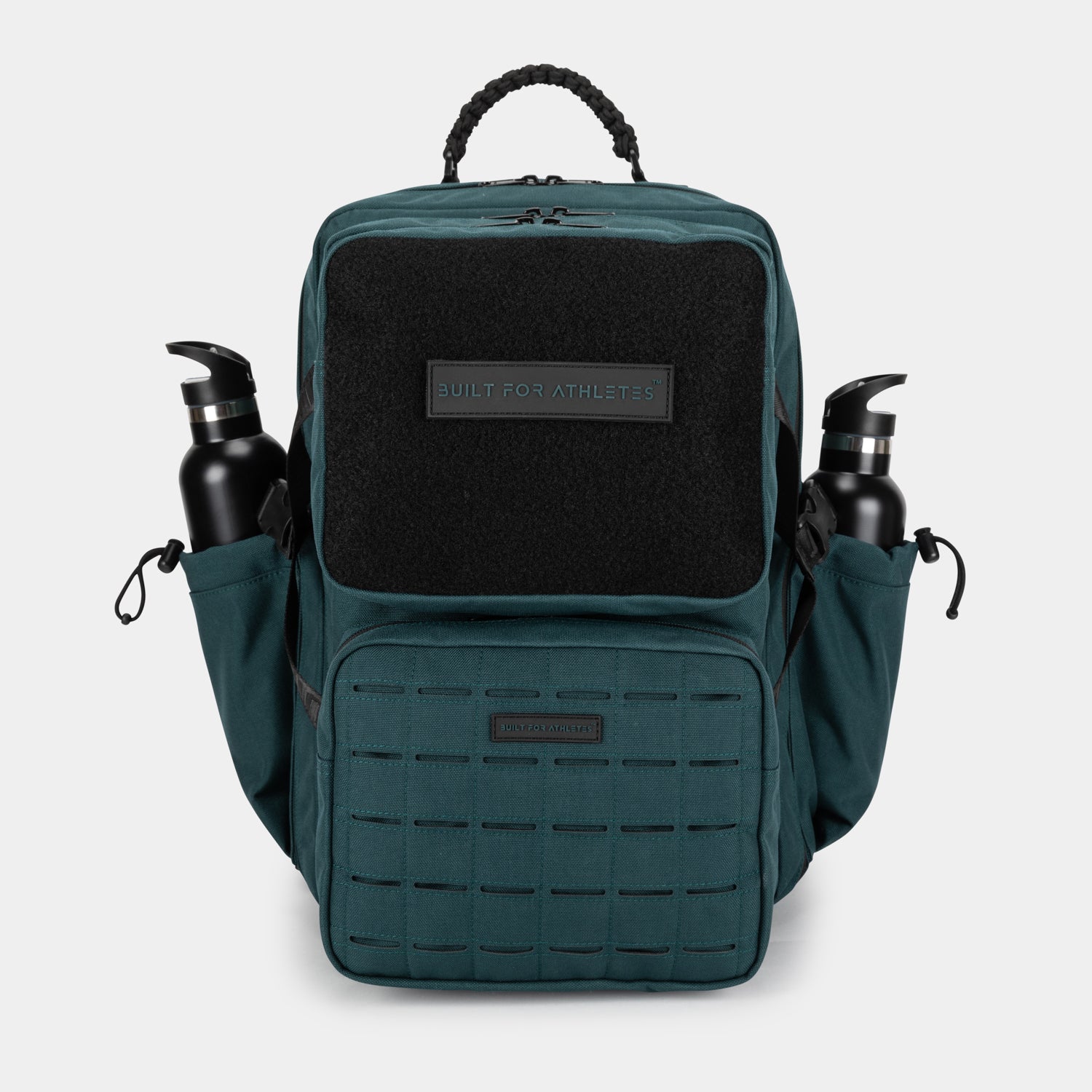





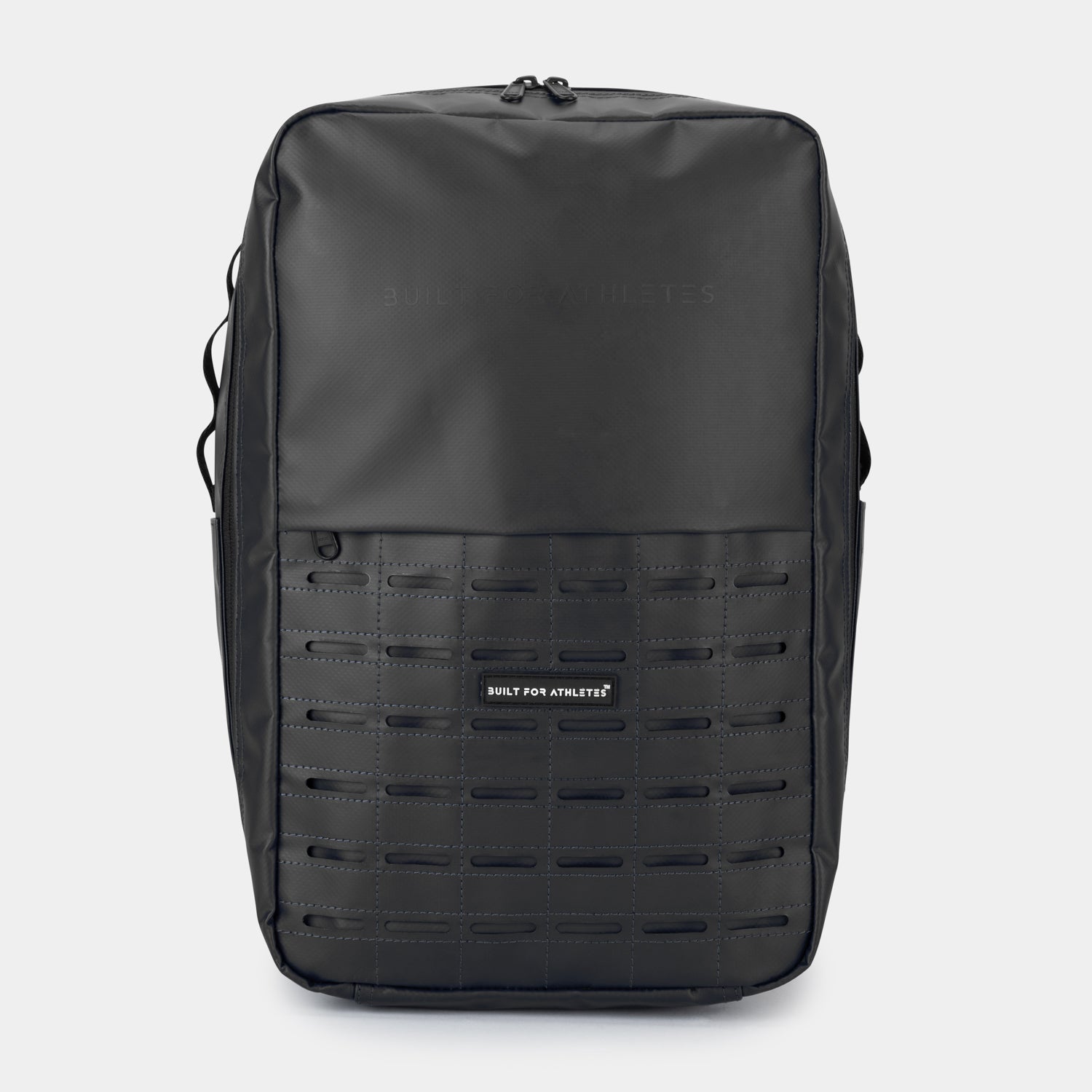
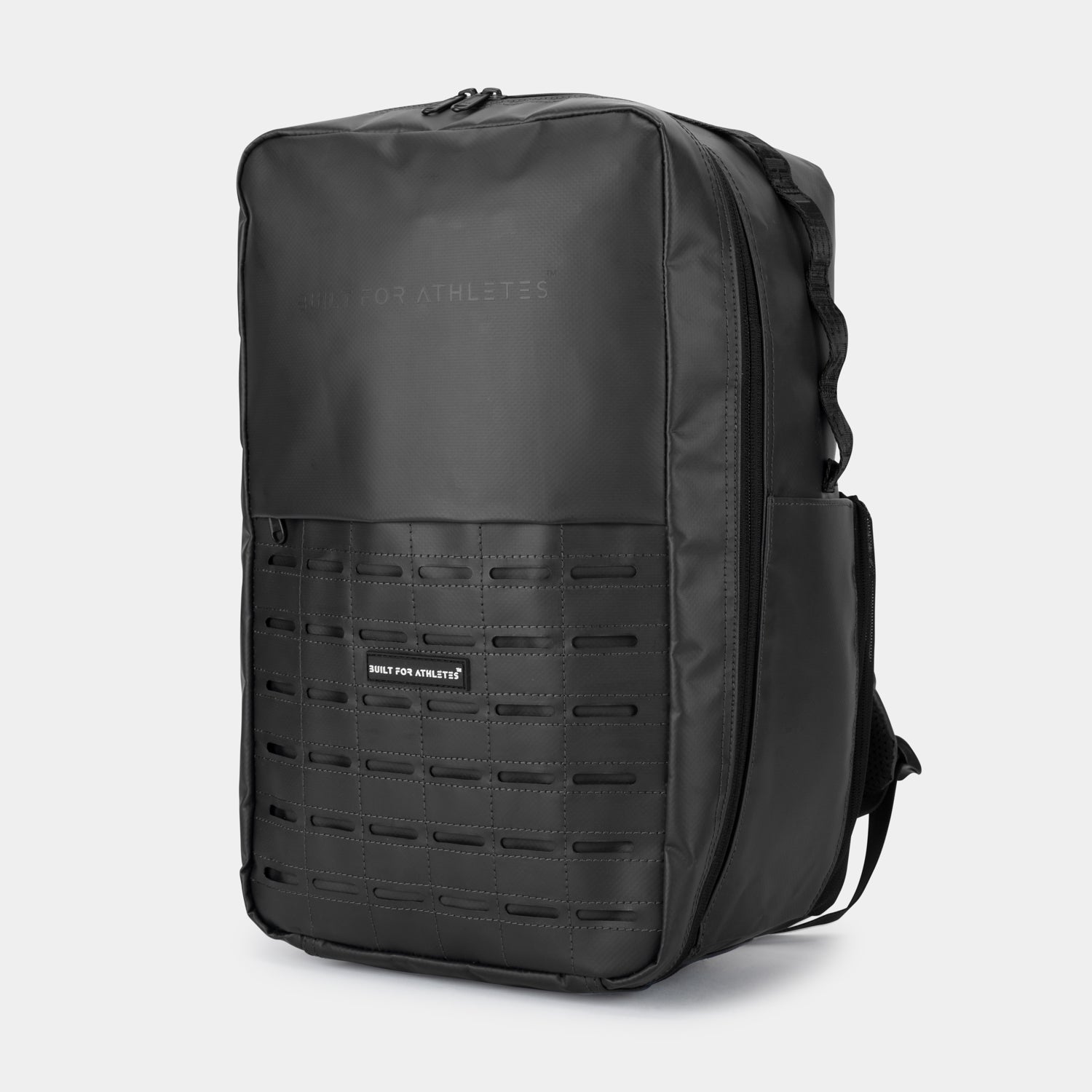











Share:
How Many Push-Ups Could You Do In 1 Hour? World Record Broken
4 Plant-Based Meat Alternatives For Athlete Meals